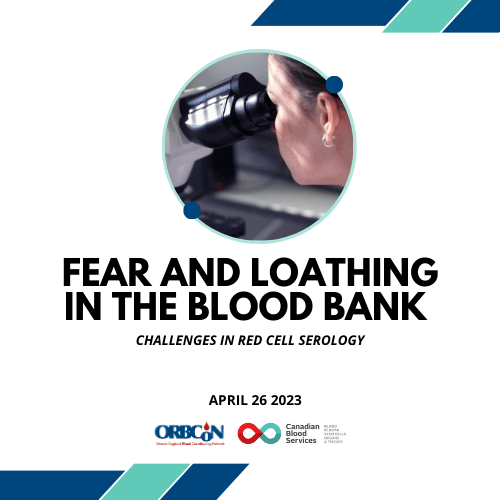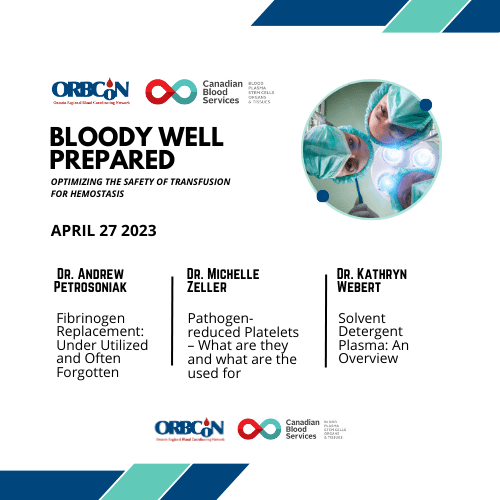ACC- Ambulatory Care Centre: Infusion/Treatment Clinic
Leslie Chambers, RN BScN, Patient Care Manager Operating Room, Day Surgery, Chemotherapy and Specialist Clinics, St. Joseph’s General Hospital Elliot Lake
The pandemic brought many opportunities and changes to our care delivery model. Some issues which we faced were quite challenging, and others encouraged us to seek solutions and alternatives to continue provision of care to our patients.
At St. Joseph’s General Hospital Elliot Lake (SJGHEL) patients requiring infusion therapy were historically seen and treated in our Emergency Department (ED). With pandemic protocols, overcapacity, and ED pressures the ED was no longer the appropriate location for these scheduled outpatients to attend. Conversely our Day Surgery Department experienced a decrease in patients due to Ministry enforced reductions and ramp downs of surgical procedures, leaving us with staff available to provide this service.
We developed a pilot project to treat infusion patients on our day surgery unit. Our patient population included those receiving non urgent, Remicade, Simponi, Entyvio, IVIG, iron infusions and blood transfusions. We were fortunate at the onset to utilize staff that had been accommodated to work outside of acute care areas. We were able to offer this service 5 days per week.
As Surgical recovery regained increasing activity, we were committed to continuing this care delivery model as the feedback from the Emergency Department and the patients was overwhelmingly positive. Our evaluation demonstrated improved appointment coordination, significant decrease in cancellations due to other factors (common in the ED), as well as the utilization of order sets for iron, blood components and products. The improved coordination and order set implementation enhanced fiscal accountability ensuring, where appropriate, patient medications were provided through either private insurance or EAP funding models decreasing the cost to the organization.
The pilot ran for 8 months, due to the demonstrated success we endeavoured to seek additional funding to keep this clinic open 5 days per week. However, due to additional pressures, the organization could not commit to the additional funding. The nursing team advocated and was determined to keep the infusion clinic functioning, citing the clinic had improved our patient experience. As a team we evaluated our volumes and the hours of work per treatment were calculated for workload and feasibility evaluation. We developed a plan using Day Surgery Nursing resources currently in place to ensure that we could continue this service 3 days per week, Tuesday through Thursday. Two part time RNs committed to oversee the bookings and coordinate resources, which included occasional time shifting of hours to allow for working patients to attend appointments at non traditional times after 4 PM.
This 3-day model of care has been successfully delivering care to patients for 6 months. We have worked collaboratively with our laboratory department to add services such as therapeutic phlebotomy and fluid replacement patients. The infusion clinic has also addressed a lack of service for outpatient oncology patients that are non emergent but require urgent transfusion in a safer environment than an overcrowded ED. We have achieved our goals of improving the patient experience, inspiring employees to be engaged in quality care delivery improvement and demonstrating leadership in our commitment to patient care.
Check out our new and improved IVIG/BMI app!
Upcoming Events
CBS/ORBCoN Technical Dry Workshop

18th Annual TM Webconference

Transfusionists Talk: Transfusion Made Bloody Easy

UofT TM Rounds

March 23, 2023 @12pm-1pm
Virtual – Whole Blood Debate by Dr. Nick Crombie, Dr. Mark Yazer and Dr. Jeannie Callum – moderator